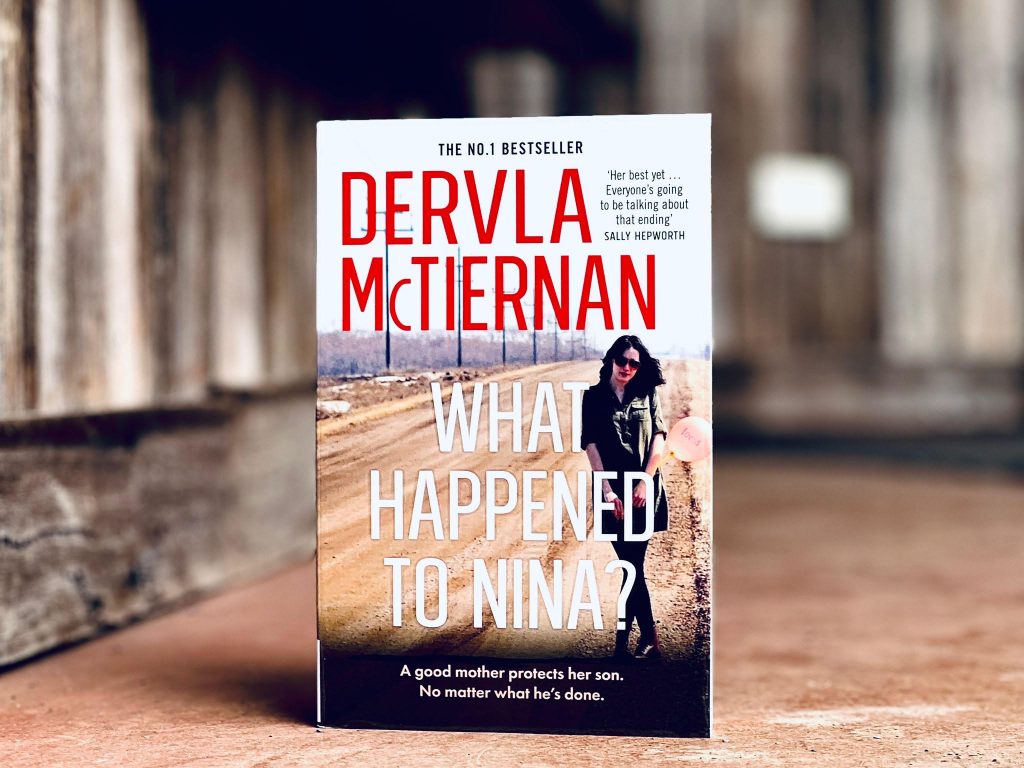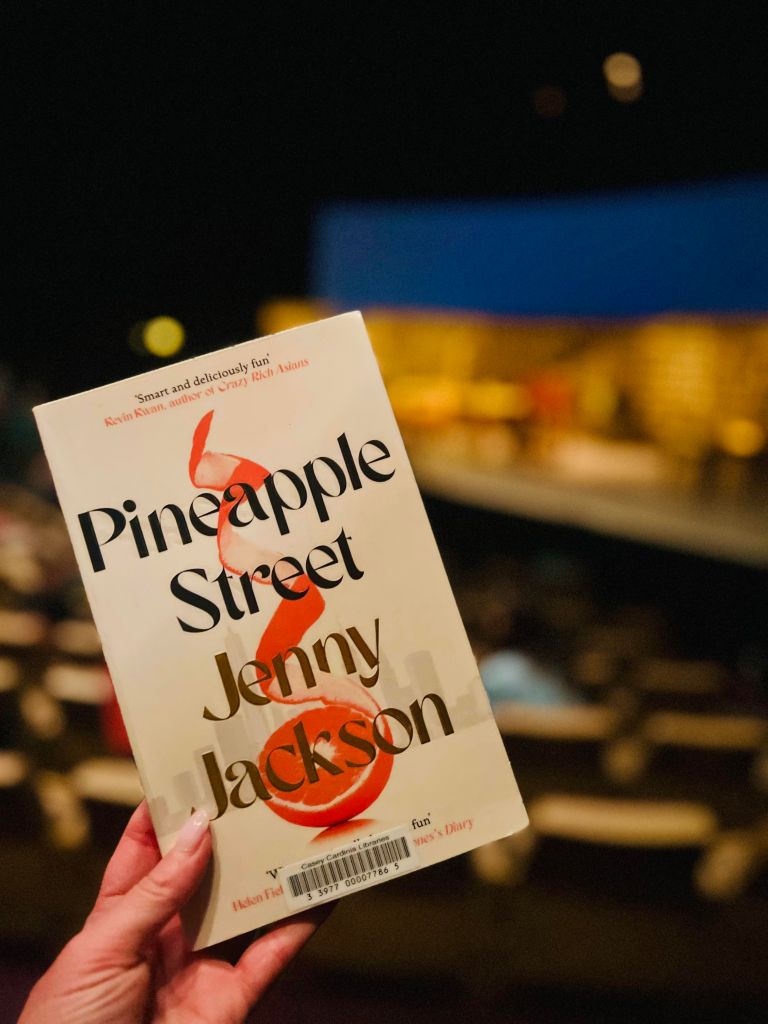
I make a point of regularly reading non-fiction books to fuel the idea that I am always learning, I enjoyed Dr Adam Fraser’s The Third Space several years ago, and was drawn recently to Strive, a book about how as humans we need challenge, we need goals to work towards for our own wellbeing.
This was an easy read but had plenty of useful insights.
Goals are key to happiness – we lack purpose and meaning if we feel that we are accomplishing or striving towards nothing. A little bit of challenge or hardship promotes resilience and self-esteem. They are good for us. It’s why some people suddenly decide to do a Tough Mudder, and why we can be unhappy even when things are perfectly fine for us. We need more than perfectly fine.
Which is good – because struggle is an inevitable part of life. Helicopter parents take note – we do children no good by paving the way for them to an easy life. Not only will they fail to develop crucial skills around resilience, self-confidence and problem solving, it wont actually make them happy. There is something around this for leaders in the workplace as well to ponder.
People who cope and thrive with struggle internalise it in positive ways – they consider it an opportunity to learn, grow and develop that they can be excited about. They praise themselves for their efforts and connect it to a greater sense of meaning or purpose. Practicing gratitude and real, regular self-care that ensures you have a full cup helps you deal more effectively with difficulty.
When we see others struggling, we should validate their feelings, ask if we can assist but trust and reinforce that they have the skills (or access to them) to accomplish what they need.
This was readable and full of everyday examples and practical advice. I’ll likely take his advice for self-care days and lighter moments throughout the week – something I can see if key for my own personal balance and resilience.








